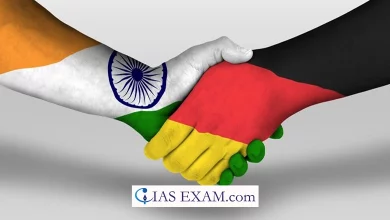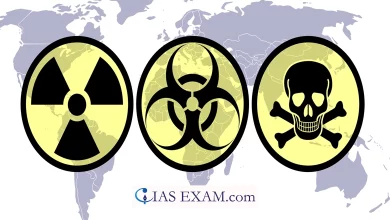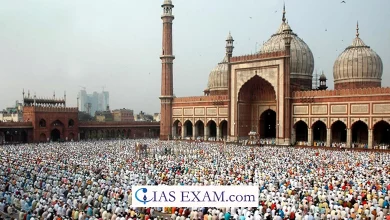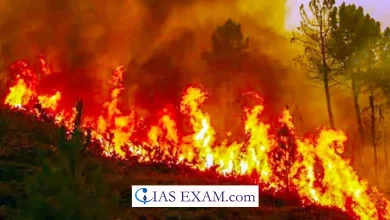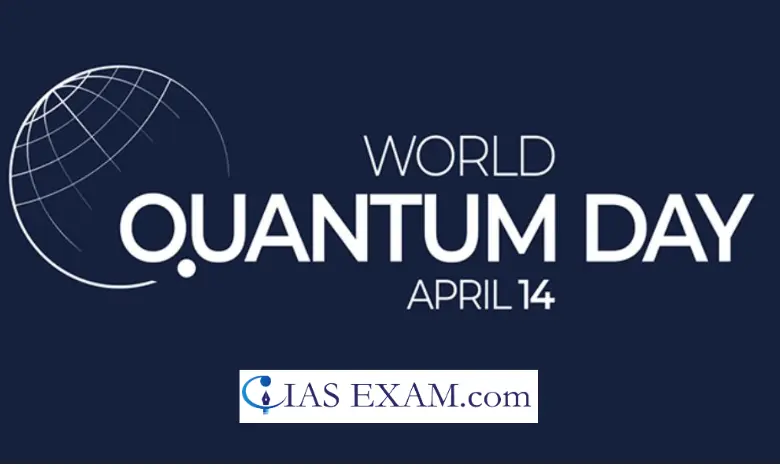
Context
India has recently celebrated World Quantum Day 2024 on April 14.
About
- The World Quantum Day aims at enticing the overall public in the expertise and discussion of Quantum Science and Technology.
- It is a decentralized and bottom-up initiative launched in 2021 and first celebrated in 2022.
What is Quantum Mechanics?
- Quantum mechanics is a subfield of physics that describes the behavior of particle- atoms, electrons, photons and almost everything in the molecular and submolecular realm.
- It explains how extraordinarily small objects concurrently have the characteristics of each particle (tiny pieces of matter) and waves (a disturbance or version that transfers energy).
- This phenomenon is likewise referred to as the “wave-particle duality.”
- In classical mechanics, gadgets exist in a particular vicinity at a specific time. In quantum mechanics, objects as an alternative exist in a haze of opportunity; they have got a certain threat of being at factor A, another hazard of being at point B and so forth.
- Quantum Technology exploits the ideas of superposition, entanglement, and size.
Applications
- Quantum computer systems use the quantized nature of particles to store and transfer information.
- Quantum Cryptography: Quantum mechanics allows secure communique through techniques like quantum key distribution (QKD).
- Quantum Sensors: Quantum mechanics can increase sensors, which include atomic clocks, magnetometers, and gyroscopes having packages in navigation, mineral exploration, and medical imaging.
- Quantum Mechanics concepts are being utilized to increase technology along with LEDs, lasers, and extremely-specific atomic clocks used in the Global Positioning System.
Challenges of Quantum Mechanics
- Decoherence: Quantum structures are liable to decoherence, which happens when a system interacts with its environment, leading to the lack of quantum coherence.
- Quantum Measurement and Control: Making particular measurements and controlling quantum systems at the individual quantum level is challenging due to noise, and the sensitive nature of quantum states.
- Practical Implementation: Building dependable quantum computers, quantum conversation networks, and other quantum technologies requires overcoming issues related to scalability, errors correction, and compatibility with present infrastructure.
- Cost and Accessibility: Quantum technologies are expensive and resource-intensive.
Way Ahead
- The emergence of quantum computer systems poses a danger to conventional encryption algorithms, necessitating the development of Post-Quantum Cryptography (PQC) and Quantum Key Distribution (QKD) to ensure quantum-safe encryption.
- Robust quantum error correction codes are essential to deal with errors as a result of decoherence and imperfections in quantum hardware.
- Investment in research and development of recent technology, along with novel qubit architectures, quantum reminiscence gadgets, and quantum communication protocols, is essential to boost up the realistic application of quantum technologies and triumph over contemporary barriers.
Source: The Indian Express
UPSC Mains Practice Question
Q.What do you understand by Quantum Supremacy? What can be the possible applications of quantum computing? (250 words)





.png)
